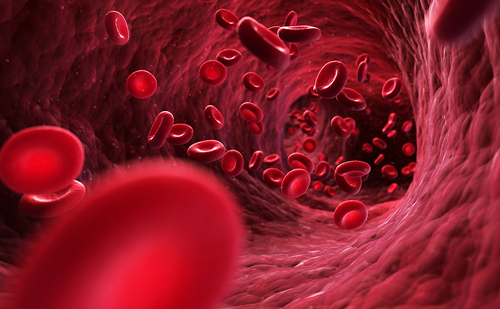Welcome to the latest edition of Oncology & Hematology Review, which features a wide variety of articles covering topics of interest to oncologist and hematologists, as well as the wider medical community. This issue begins with a timely article by Warner about knowledge management for oncologists. In the current era of exciting advances in oncology, it is essential for oncologists to commit to keeping abreast of current developments.
Breast cancer is the most commonly diagnosed cancer in US woman, but the uptake of chemopreventative agents for the primary prevention of breast cancer has been low. An article by Coe and Crew highlights the need for more cost-effectiveness analysis data in this field. Advanced cervical cancer also affects a significant proportion of US women. An editorial by Mileshkin calls for continued support for international clinical trials in this disease.
This issue features two articles on the subject of hematologic malignancies. In the first, myself and colleagues discuss the use of monoclonal antibodies in the treatment of multiple myeloma. Recent data suggest that monoclonal antibodies may overcome the problems of resistance encountered with current therapeutic options. In the second, Nowakowski et al. describe the evolving technique of molecular subtype targeted therapy in the treatment of diffuse large B-cell lymphoma.
Treatment options for non-small-cell lung cancer continue to evolve, and recent research has focused on the molecular drivers associated with tumors. Fenton discusses the therapeutic options for patients with activating mutations in the epidermal growth factor receptor (EGFR) gene, as well as highlighting the importance of molecular testing. In addition, Scagliotti et al. review the use of rociletinib, an oral inhibitor of activating EGFR mutations, which is currently at the phase I–II stage of clinical development.
Metastatic castration-resistant prostate cancer is an area of active clinical research, with many new treatments receiving regulatory approval in recent years. Dorff examines how Radium223 fits into current treatment paradigms. This edition also features three editorials in the field of gastrointestinal (GI) cancers. O’Reilly covers the main highlights on Non-Colorectal Gastrointestinal Cancers from the American Society of Clinical Oncology Annual Meeting 2015, including conclusive evidence that non-colorectal GI cancers can benefit from immunotherapy. Eng reviews clinical trial data of several novel therapeutic approaches to localized rectal cancer. In addition, Abou-Alfa et al. discuss recent advances in the treatment of hepatocellular carcinoma, including novel curative therapies for hepatitis C virus infection.
Immunotherapy continues to play an important role in cancer therapeutics and Friedman et al. present recommendations for the management of inflammatory side effects associated with their use.
Next-generation sequencing has revolutionized cancer diagnostics and therapeutics, allowing the matching of genetic alterations to targeted therapies. Roychowdhury et al. discuss the approaches necessary for the widespread implementation of genomics in cancer care. Finally, Bhattacharjee et al. discuss normal Ras signaling in cell physiology as well its aberrant signaling in tumours, and also describes strategies to inhibit Ras signalling.
Oncology & Hematology Review would like to thank all expert authors who contributed to this edition. A special thanks goes to our Editorial Board for their continuing support and guidance. We hope that all our readers will find plenty of interest among these timely and thoughtprovoking articles.







